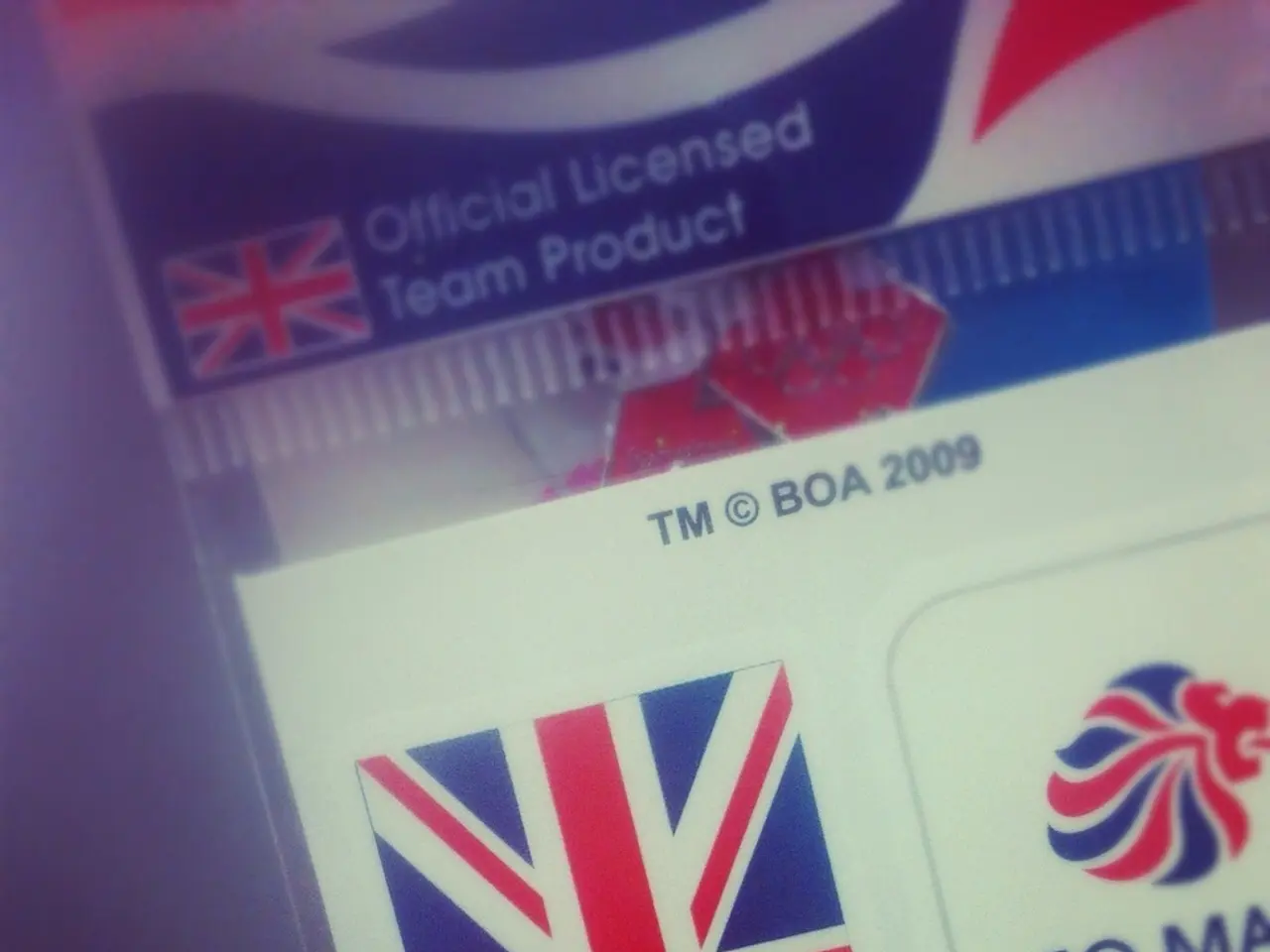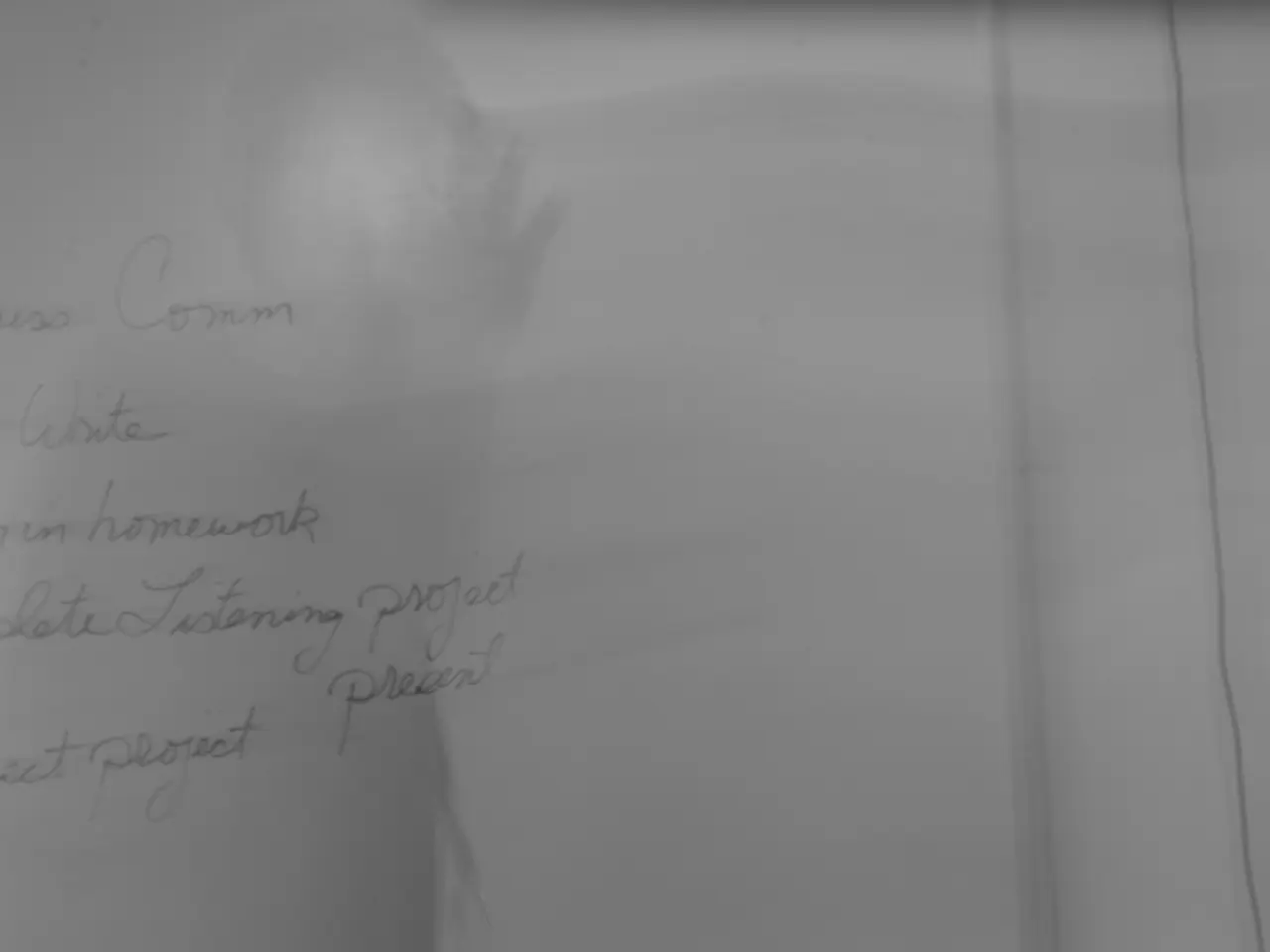Tariffs imposed by Trump ruled unconstitutional by American court
U.S. Federal Court Rules Against Trump's Tariffs, Citing Overreach of Authority
A significant decision made by a U.S. federal court has deemed President Donald Trump's tariffs imposed on goods from various countries, as unlawful, due to an overreach of executive authority. The White House has since filed an appeal against the ruling.
The court prohibited the permanent application of nearly all tariffs enacted during the Trump administration, citing the U.S. Constitution's delegation of trade authority to the U.S. Congress. The Manhattan-based Court of International Trade highlighted that the president's emergency powers to safeguard the U.S. economy could not override this.
A group of small U.S. businesses impacted by tariffs on imported goods, such as a New York wine and spirits importer and a Virginia-based manufacturer of school supplies and musical instruments, launched the lawsuit. They argued that these tariffs would harm their businesses' operations. The Liberty Justice Center, a non-partisan organization, filed the lawsuit on behalf of these companies, joining seven other legal challenges to Trump’s trade policy, which also included 13 U.S. states and other groups of small businesses.
The U.S. government promptly filed an appeal in response to the court decision, with Stephen Miller, White House Deputy Chief of Staff and one of Trump's political advisors, expressing criticism of the court's ruling via social media. Miller referred to the decision as a "judicial coup."
Following the court verdict, the U.S. dollar experienced a rise against the Swiss franc and Japanese yen, while U.S. stock futures gained.
Despite the ongoing court battle over tariffs, President Trump expressed his intention to negotiate bilateral trade agreements with individual countries to secure more favorable deals for the U.S. Tensions between the U.S. and the European Union have escalated progressively, with Trump initially threatening to impose a 20% tariff on EU goods, later delaying the imposition until July 9, 2025. Meanwhile, the U.S. retained its 10% tariff baseline on Chinese goods and aimed to expand market access for American exports.[1,2]
- The U.S. government's policy on tariffs, a crucial aspect of finance and business, has been heavily influenced by politics, as seen in the recent court ruling against President Trump's tariffs.
- The court decision, which pertains to policy-and-legislation and war-and-conflicts (in the sense of debates over executive power), has sparked a wave of general-news coverage, including discussions on the implications for cooperation policy among EC countries and international trade agreements.
- The New York wine and spirits importer and the Virginia-based manufacturer, affected by tariffs on imported goods, sought justice through the court system and in the process, brought the issue of crime-and-justice into focus, as they challenged the legality of the tariffs.
- The ongoing court battle over trade tariffs may contribute to the development of future cooperation policy in EC countries, as the decision could set a precedent for executive authority and the involvement of EC countries in such matters.




